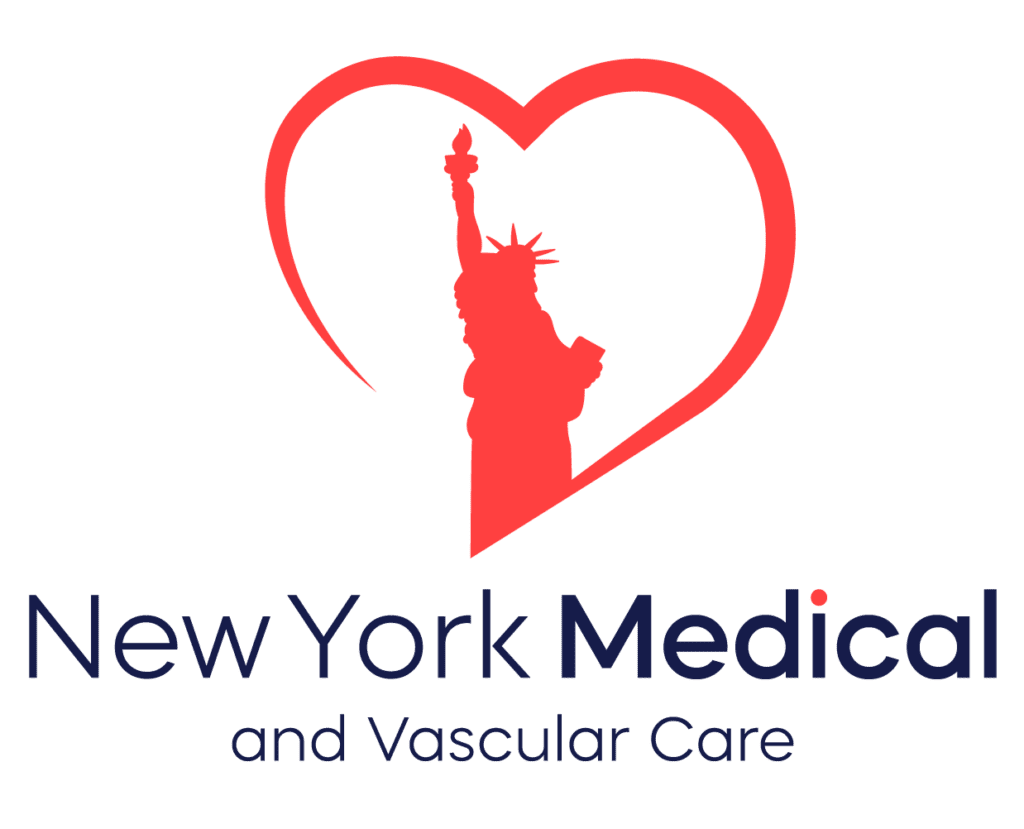Heart disease remains one of the leading causes of death worldwide, making the need for proactive heart health management essential. One of the most effective tools for preventing heart disease and managing cardiovascular health is through regular cardiovascular risk assessments. These assessments allow healthcare providers to detect early signs of heart disease, identify risk factors, and create personalized treatment plans to improve long-term heart health.
What is a Cardiovascular Risk Assessment?
A cardiovascular risk assessment is a comprehensive evaluation that measures various factors contributing to the risk of heart disease. These factors may include blood pressure, cholesterol levels, blood sugar levels, and body mass index (BMI). A family history of heart disease, smoking habits, and lifestyle choices are also taken into account. The goal of this assessment is to determine a person’s overall risk of developing heart disease and to provide a tailored plan to manage or reduce these risks.
In recent years, advancements in diagnostic technology have allowed for more precise assessments, such as coronary calcium scoring or carotid artery ultrasound, which provide insights into the condition of the arteries and potential blockages.
Why Regular Cardiovascular Risk Assessments Matter
- Early Detection of Heart Disease
Regular cardiovascular risk assessments enable early detection of heart disease, often before symptoms even appear. Heart disease can develop silently, especially conditions like hypertension (high blood pressure) or atherosclerosis (plaque build-up in the arteries). By detecting these issues early, treatment and lifestyle changes can be implemented to prevent further progression, potentially saving lives.
For example, if high blood pressure is identified during an assessment, it can be managed through medication or lifestyle modifications like diet and exercise, reducing the risk of a future heart attack or stroke.
- Identifying and Managing Risk Factors
Heart disease is largely driven by preventable risk factors. These include:
- High cholesterol levels: Excess cholesterol can accumulate in the arteries, leading to blockages and increasing the risk of heart attack.
- High blood pressure: Persistent high blood pressure puts stress on the heart and blood vessels, leading to heart disease or stroke.
- Diabetes: High blood sugar can damage blood vessels and the heart, making diabetes a major contributor to heart disease.
- Obesity: Excess weight increases the burden on the heart, elevating the risk of conditions such as high blood pressure and diabetes.
- Smoking: Smoking significantly increases the risk of cardiovascular disease by damaging blood vessels and reducing oxygen supply to the heart.
Regular assessments provide a clear picture of these risk factors and help individuals make necessary changes to reduce their risks. This might include adopting a healthier diet, increasing physical activity, quitting smoking, or managing stress.
- Personalized Preventative Care
No two people have the same risk factors for heart disease, which is why personalized care is so important. Cardiovascular risk assessments allow healthcare providers to tailor a specific plan to each individual based on their unique profile. This plan could include medications to lower cholesterol or blood pressure, recommendations for physical activity, or dietary changes aimed at reducing risk factors.
By receiving personalized care, patients are more likely to adhere to their treatment plan, resulting in better long-term outcomes for heart health.
- Long-Term Monitoring and Adjustments
Cardiovascular risk is not static; it changes over time as a person’s lifestyle, age, and health conditions evolve. Regular assessments allow for ongoing monitoring of heart health and adjustments to treatment plans as necessary. For instance, if a patient’s cholesterol levels remain elevated despite medication, the healthcare provider may adjust the dosage or introduce new treatment options.
Long-term monitoring is especially important for people who already have a history of heart disease, high blood pressure, or diabetes. These conditions require continuous oversight to prevent further complications and ensure optimal heart health.
The Role of Technology in Cardiovascular Risk Assessments
Recent technological advancements have greatly enhanced the accuracy and effectiveness of cardiovascular risk assessments. Wearable technology like smartwatches that monitor heart rate and detect irregular rhythms can provide early warnings of potential cardiovascular issues. Patients can also benefit from remote monitoring devices, allowing healthcare providers to track heart health metrics in real time, leading to earlier interventions when necessary.
Additionally, AI-driven predictive models are helping doctors assess cardiovascular risk more accurately. These models analyze a wide range of data, including genetic information, lifestyle factors, and health history, to predict a person’s risk for heart disease with greater precision than traditional methods.
Prevention is Key
The saying “prevention is better than cure” holds particularly true for heart health. Cardiovascular risk assessments play a vital role in this preventative approach, offering individuals the opportunity to take control of their heart health before problems arise. By identifying risk factors early, individuals can make informed decisions to lower their risk of heart disease, ensuring a longer, healthier life.
The Bottom Line
Heart disease doesn’t develop overnight, and neither does heart health. Regular cardiovascular risk assessments are a critical tool for detecting early signs of heart disease, managing risk factors, and receiving personalized preventative care. These assessments provide a roadmap for long-term heart health, helping individuals make the necessary lifestyle changes to reduce their risks.
At NYMVCare, we prioritize proactive heart health through comprehensive cardiovascular risk assessments. Our team of specialists is dedicated to providing personalized care, ensuring that each patient receives the most effective treatment plan tailored to their needs. By staying ahead of potential risks, we help our patients maintain their heart health for the long term. Contact us today to schedule your cardiovascular risk assessment and take the first step towards a healthier heart.


